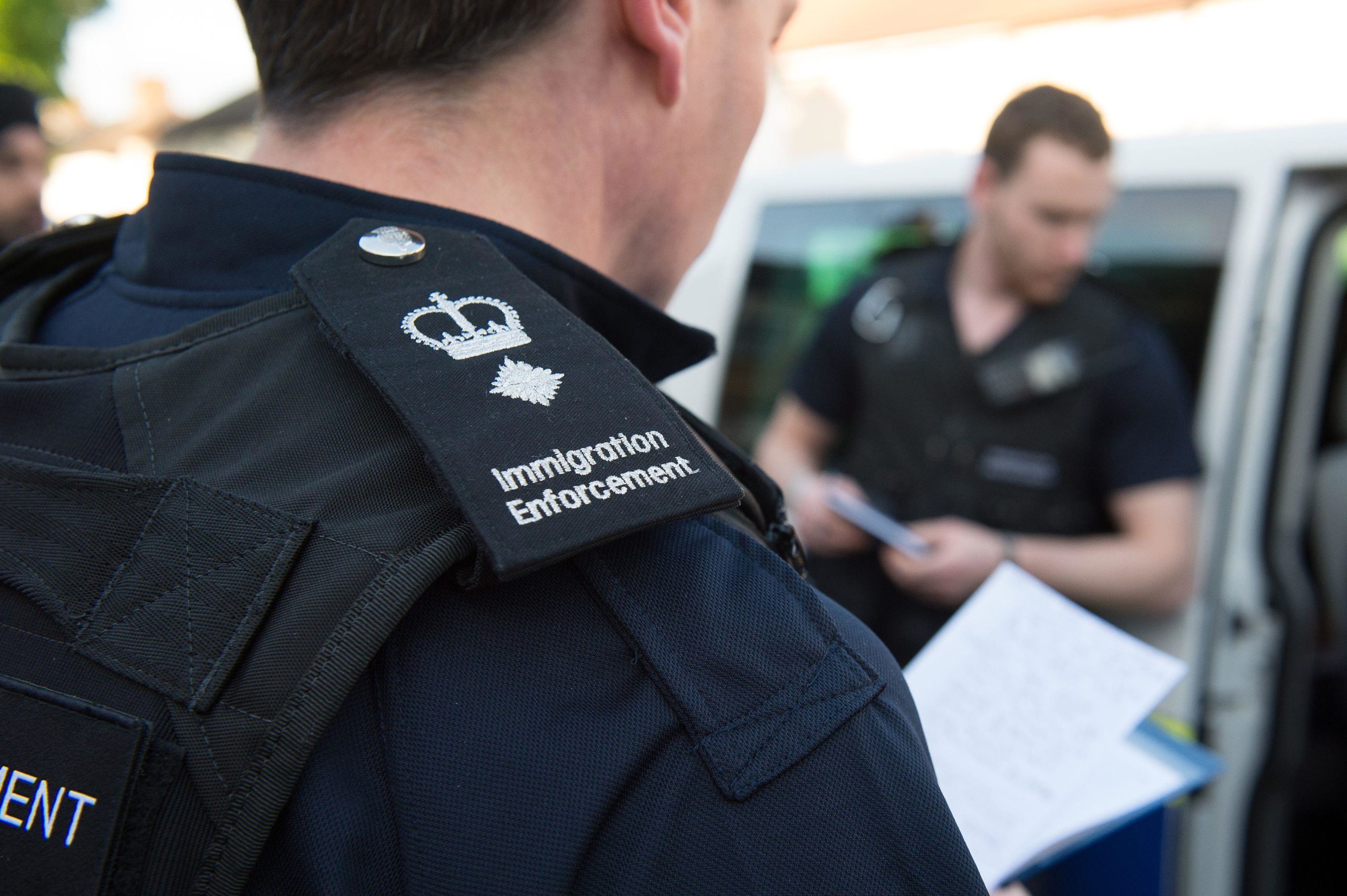Rough sleepers’ data shared with Home Office by councils and charities
Published on 06 March 2022

Critics say the risks of the programme outweigh any benefits
Reports Aaron Walawalkar, Liberty Investigates journalist, and Mark Townsend, Home Affairs editor at the Observer. Edited by Eleanor Rose, Liberty Investigates editor.


